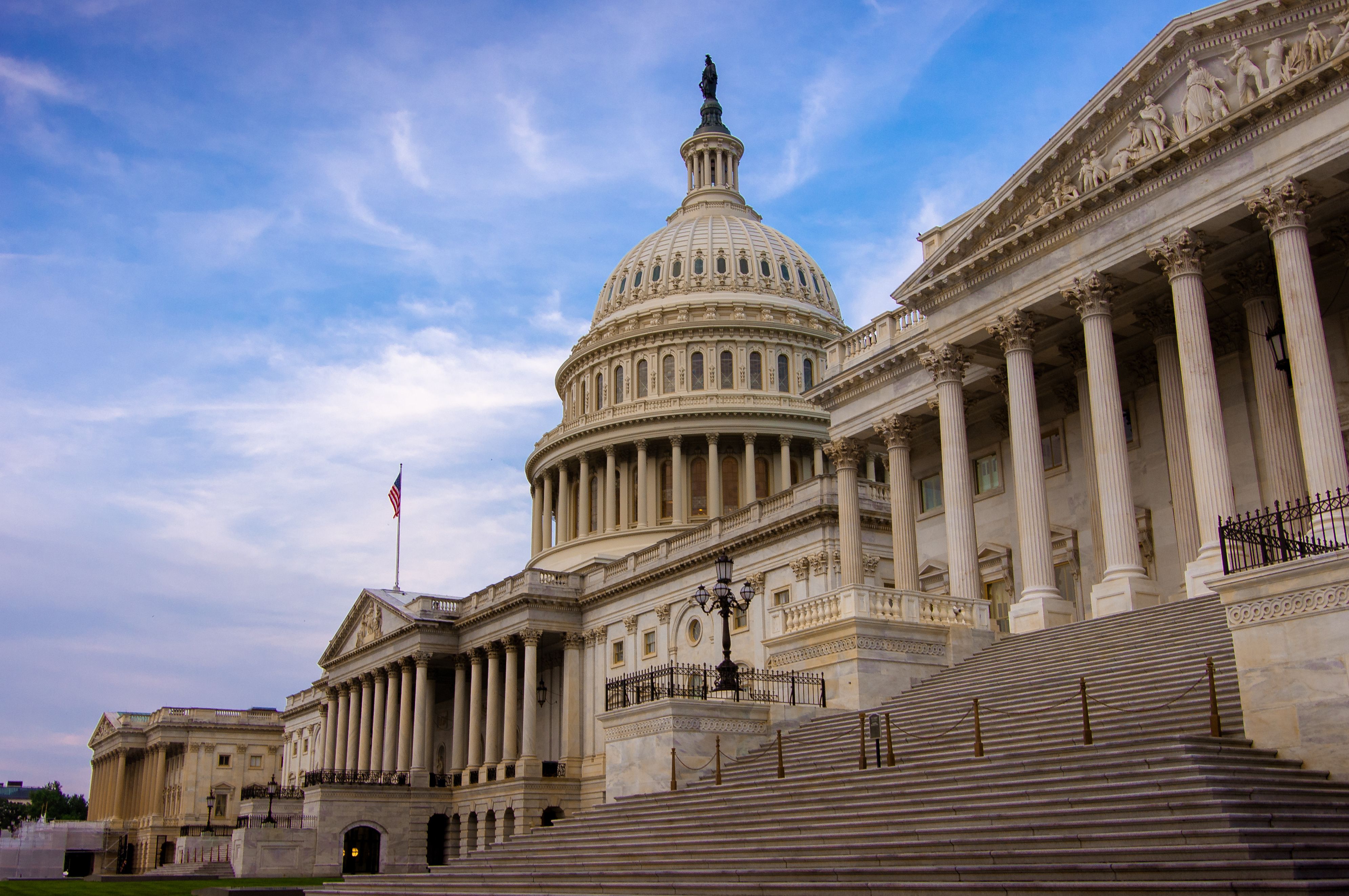- Bone Health
- Immunology
- Hematology
- Respiratory
- Dermatology
- Diabetes
- Gastroenterology
- Neurology
- Oncology
- Ophthalmology
- Rare Disease
- Rheumatology
BioRationality: A New Bill to Transform the Future of Biosimilars
The office of Senator Paul (R-KY) contacted me a few weeks ago, asking how we can amend the Biologics Price Competition and Innovation Act (BPCIA) to reduce the regulatory hurdles, and requested specific language to be made as part of an amendment. I provided complete details with extensive documentary support.
Image credit: Phillip - stock.adobe.com

I am pleased that on April 8, 2025, US Senator Rand Paul (R-Kentucky) introduced legislation to streamline the approval process for biosimilars by eliminating costly and redundant clinical study requirements.1 I believe that Paul’s Expedited Access to Biosimilars Act will increase market competition, lower drug prices, and improve access to more life-saving treatments.
The bill retains the FDA’s requirement for pharmacokinetic (PK) studies, but it will eliminate the FDA’s blanket requirement of immunogenicity, pharmacodynamics (PD), and clinical efficacy requirements (CES) unless scientifically warranted. Notably, the regulatory agencies in the UK and European Union (EU) have dropped the blanket requirement for these redundant studies after years of research, which determined that early-stage PK studies were sufficient for biosimilar approval.
It is worth noting that the European Medicines Agency has recently issued a policy paper suggesting what I am now suggesting for the BPCIA. I will soon be meeting with the US Senate to elaborate on the nuances of these changes to convince them that they will not jeopardize this opportunity to bring a pivotal change in health care in the US.
It is time for the agency to start thinking like an innovator, not an impediment to innovation. By modernizing and streamlining the FDA biosimilar approval process, Congress can help lower patients’ prescription costs without compromising safety or efficacy.
Last week, I was at the Festival of Biologics convention, where I presented details of this new bill. However, the Biosimilar Council representative was not enthused about it and pointed out its flaws. I am disappointed at the lack of understanding by stakeholders who should have supported my efforts to remove animal toxicology and CES, as well as support the new role of the US Pharmacopoeia I have suggested.2-4 I have published extensively and had the privilege of working with the US Senate and the White House. Despite my requests, the Biosimilar Council opted not to support these amendments. I have, therefore, decided to move on alone.
I am now asking all stakeholders to support this bill and thus ensure that we will bring biosimilar development on a rational basis that will lead us to affordable biologics soon in the US and worldwide.
References
1. Expedited Access to Biosimilars Act, S1441, 119th Cong (2025). Accessed May 5, 2025. https://www.congress.gov/bill/119th-congress/senate-bill/1414/text
2. Niazi SK. End animal testing for biosimilar approval. Science. 2022;377:162-163. doi:10.1126/science.add4664
3. Niazi SK. Scientific rationale for waiving clinical efficacy testing of biosimilars. Drug Des Devel Ther. 2022;16:2803-2815. doi:10.2147/DDDT.S378813
4. Niazi SK. Advice to the US FDA to allow US Pharmacopeia to create biological product specifications (BPS) to remove side-by-side analytical comparisons of biosimilars with reference products. Pharmaceutics. 2024;16(8):1013. doi:10.3390/pharmaceutics16081013
Newsletter
Where clinical, regulatory, and economic perspectives converge—sign up for Center for Biosimilars® emails to get expert insights on emerging treatment paradigms, biosimilar policy, and real-world outcomes that shape patient care.
